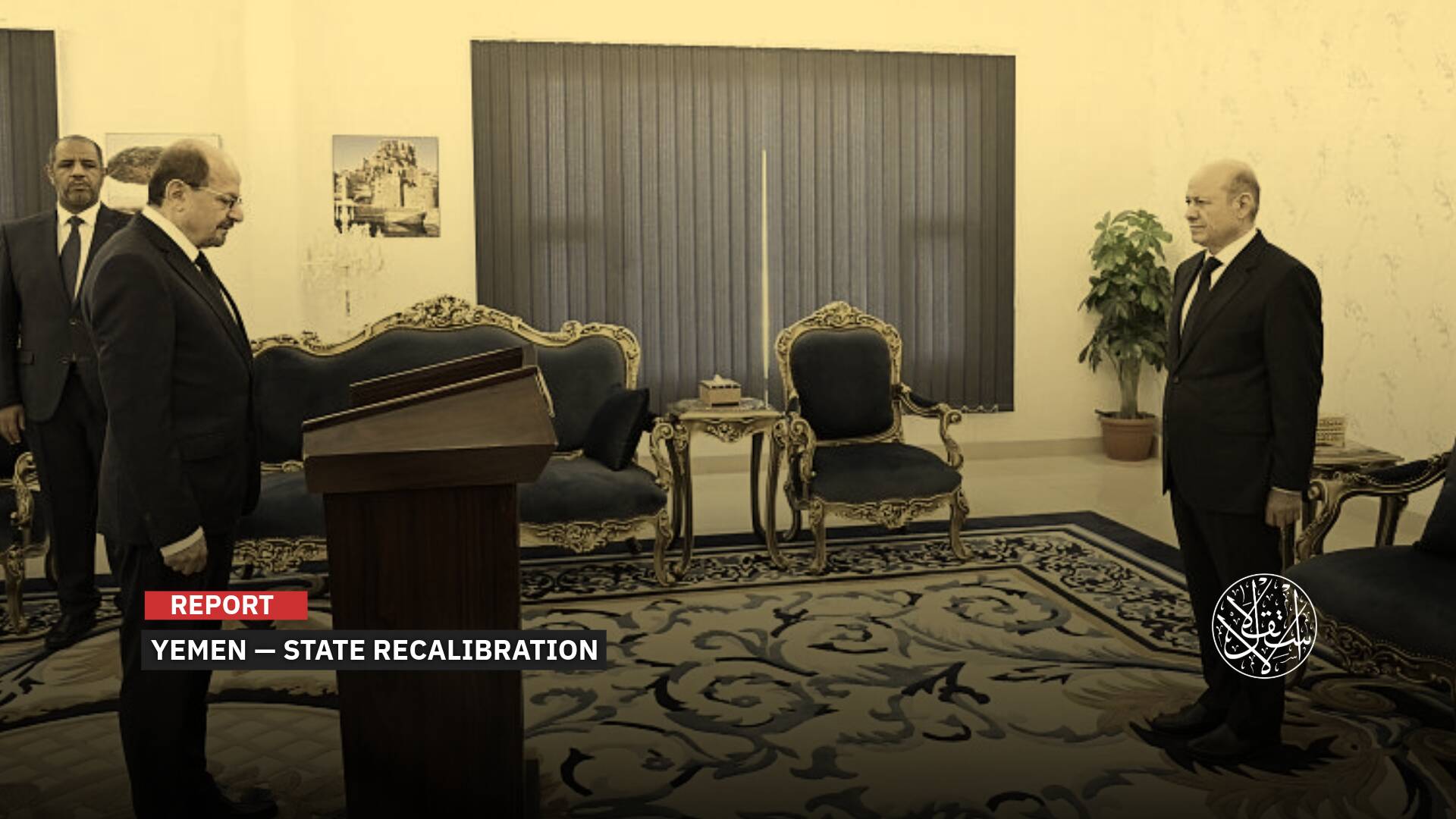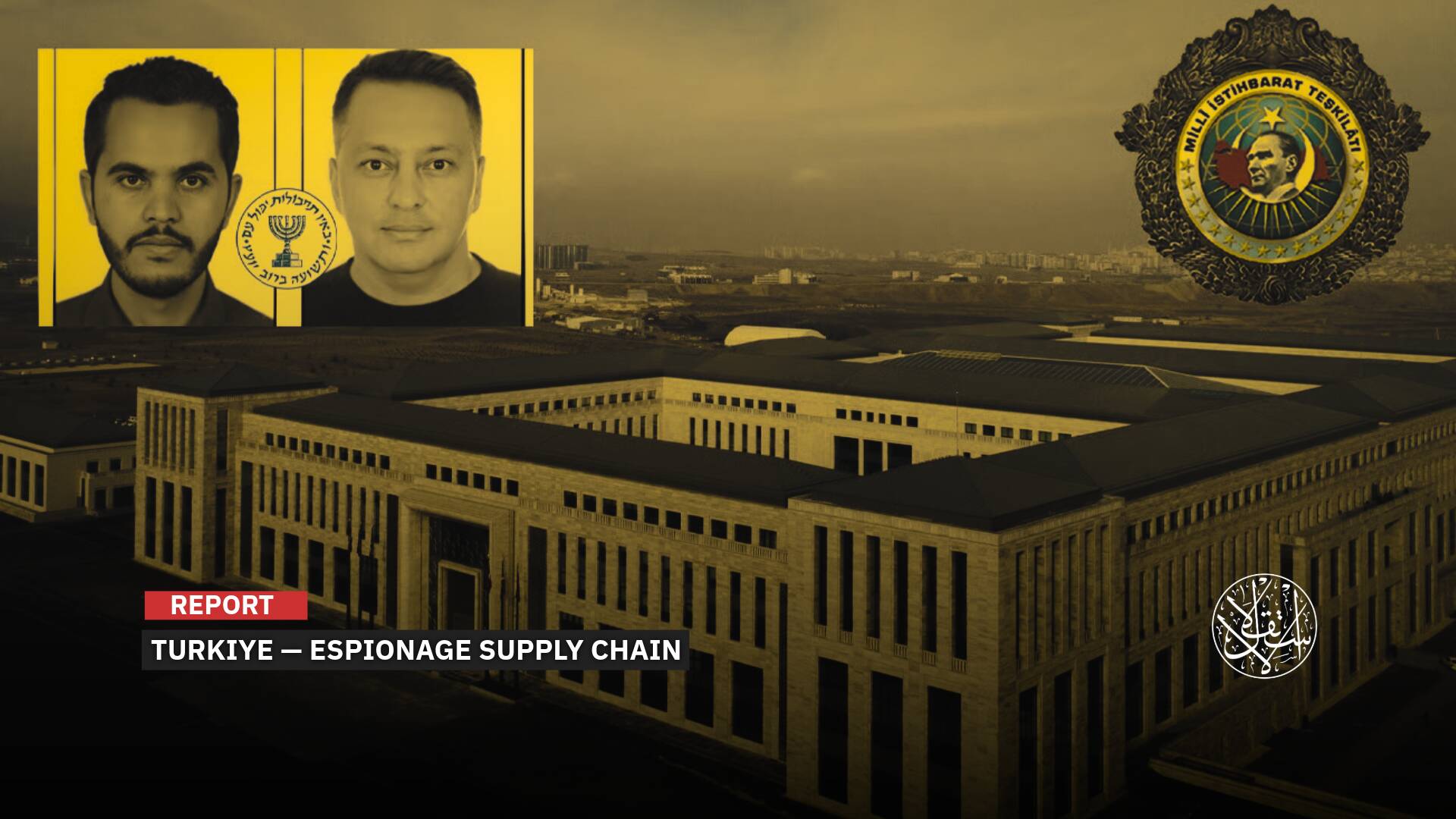Tactical Choice: Why Is America Inclined to Handle Middle East Tensions Quietly?
!["If we don’t see the changes [from the Israeli side] that we need to see, there’ll be changes in our own policy.](https://s3.eu-west-3.amazonaws.com/alestiklal/gallery/2024/4/26/968460313.jpeg)
"If we don’t see the changes [from the Israeli side] that we need to see, there’ll be changes in our own policy.
Many questions have been raised by statements from U.S. officials regarding their country's desire for de-escalation and crisis resolution in the region, away from military escalation, particularly in Gaza and the Red Sea, after the United States supported all these crises militarily.
With Washington's backing, "Israel" has been waging aggression against Gaza since October 7, 2023, resulting in approximately 110,000 casualties between martyrs and wounded.
A military coalition of 24 countries has been formed to confront the Yemeni Houthi groups, who are carrying out attacks, obstructing international navigation in the Red Sea.
Calls for De-escalation
One of the latest calls for de-escalation came from Washington's envoy to Yemen, Tim Lenderking, who said, "The Houthis must immediately halt their attacks in the Red Sea and the Gulf of Aden because they are undermining progress on the Yemen peace process and complicating the delivery of humanitarian assistance to Yemenis and others in need, including the Palestinian people."
"We favor a diplomatic solution, we know that there is no military solution," he said.
The Houthis have been launching attacks on ships in the Red Sea since November 2023, in addition to seizing the Galaxy Leader ship owned by an Israeli businessman on November 20, in response to Israeli aggression on Gaza, as announced.
On the other hand, the United States, along with Britain, formed a military alliance comprising 24 countries and launched the Prosperity Guardian Operation in the Red Sea since January 12, 2024, conducting more than 400 airstrikes on Houthi targets.
Regarding the Israeli aggression on Gaza, the administration of U.S. President Joe Biden has been pressuring the Israeli Prime Minister to stop it and to introduce humanitarian aid into the besieged sector since October 7, 2023.
On April 4, 2024, Joe Biden threatened "Tel Aviv" in a call with Netanyahu to make the support provided to "Israel" contingent on tangible steps and called for opening new corridors to deliver aid to the sector fully and swiftly.
After the call between Joe Biden and Netanyahu, U.S. Secretary of State Antony Blinken said, "If we don't see the changes [from the Israeli side] that we need to see, there'll be changes in our own policy."
In this context, the spokesperson for the U.S. National Security Council, John Kirby, acknowledged "growing frustration" with the Israeli Prime Minister.
In response to a question about whether the phone call reflects Joe Biden's frustration with Netanyahu's failure to respond to Washington's requests, Kirby said yes, there is growing frustration.

Internal Interest
Regarding the U.S. policy of de-escalation, Iraqi political analyst specializing in Middle Eastern affairs Imad al-Din al-Jubouri said, "The preference of the United States for political solutions with the Houthis comes in the context of what has happened after six months since Operation al-Aqsa Flood."
Al-Jubouri explained to Al-Estiklal that "the current data of the war has revealed to the whole world Zionist brutality and the genocide committed in Gaza, in addition to its disregard for international law, along with the Western stance on the discrepancy regarding support for Israel and overlooking the heinous crimes."
He pointed out that "the Houthis are an Iranian arm, and they move according to Iran's foreign policy, and the current shift of the United States towards de-escalation is not because it cannot control these crises but because it is the main actor in making the Arab region unstable, which aligns with Iran's expansionist project within Arab countries.
"Washington's calls for calm are currently related to the U.S. presidential elections, which are only six months away, especially as polls indicate a decline in [Joe] Biden's popularity, and undoubtedly they do not want to lose the presidency to their rival Donald Trump, meaning it's a struggle between the Democratic and Republican parties."
On this basis, al-Jubouri believes that "the Joe Biden administration and its foreign policy in the Middle East are leaning towards de-escalation not to end the problems or make the Arab region more stable, but for the sake of domestic interest, and there is something positively considered to gain more popularity for Joe Biden.
"This also helps the Israeli side to have a breath in this matter amid international isolation towards the Israeli Occupation because of the genocide it is committing against the people of Gaza, where children, women, elderly, and most of the victims are civilians, and now the number approaches 110,000 between martyrs and wounded.
"This prompts the United States in its current policy toward de-escalation, so there is more focus on how to cater to the American voter primarily because the American and Western media are under Zionist control, so they want to give Americans something in this direction," al-Jubouri added.
"The United States is now focusing on its domestic affairs because the presidential elections are taking place after six months, and therefore, it wants to prepare the ground domestically for this matter, nothing more."
Joe Biden, a supporter of "Israel," faces increasing pressure months before the U.S. presidential elections following his handling of the Gaza war, as allies press him to make the billions of dollars in military aid sent by Washington contingent on Netanyahu's adherence to calls for calm, as reported by AFP on April 5.

Anticipated Deal
Regarding the latest developments in U.S. pressure to achieve calm in Gaza, an Israeli newspaper revealed that the United States is exerting all its efforts to finalize the calm deal between Hamas and "Israel," indicating that Washington is not willing to settle for anything less than a prisoner exchange deal, cessation of hostilities, and the release of detainees.
Yedioth Ahronoth reported on April 8 that the United States is more determined than ever to reach an agreement between Hamas and "Israel," especially since many things depend on this agreement.
It pointed out that this comes in conjunction with the Israeli army's withdrawal from the sector, leaving only one military brigade behind, confirming that the War Cabinet has significantly expanded the mandate given to the negotiating team at Joe Biden's request.
Yedioth Ahronoth quoted informed sources as saying that CIA Director William Burns has put a ceasefire plan on the negotiating table being managed by intermediaries, confirming that there is immense American pressure to finalize a deal.
According to the newspaper, the Americans are tired of stalling by all parties and want to see a ceasefire deal, indicating that there is progress in ceasefire talks and an agreement on key issues among all parties, despite Israeli insistence that the gaps remain significant.
The latest round of negotiations between the Islamic Resistance Movement (Hamas) and "Israel," held in the Egyptian capital, Cairo, on April 7, witnessed "positive atmosphere" and achieved "significant progress" in narrowing differences towards reaching a ceasefire in the Gaza Strip.

Al-Qahera News channel reported on April 8, citing a high-level Egyptian source (whose identity was not disclosed), that the talks had made progress, adding that "there is agreement on the basic axes among all concerned parties."
The negotiations were attended by CIA Director Burns, Egyptian intelligence chief Abbas Kamel, Qatari Prime Minister and Foreign Minister Mohammed bin Abdulrahman, a delegation from Hamas led by Khalil al-Hayya, and another Israeli delegation led by Mossad chief David Barnea.
Sources
- The American envoy to Yemen: There is no military solution to the crisis in the Red Sea [Arabic]
- Has Israel yielded to American pressure regarding the delivery of aid to Gaza? [Arabic]
- Intense pressure and new proposals - details of developments in the "Cairo talks" regarding the Gaza war [Arabic]
- Possible explosion: How did the Houthi attacks in the Red Sea deepen the tragedy of the Yemenis? [Arabic]
- Why is America pressing with all its might to achieve calm in Gaza? [Arabic]










